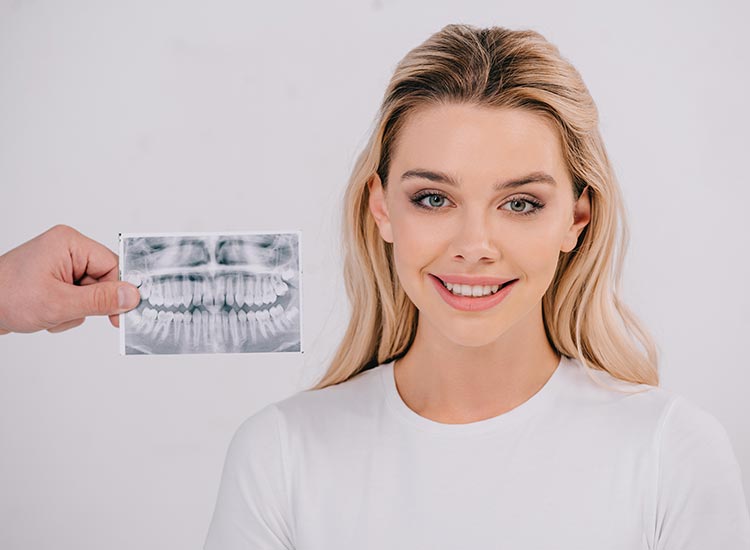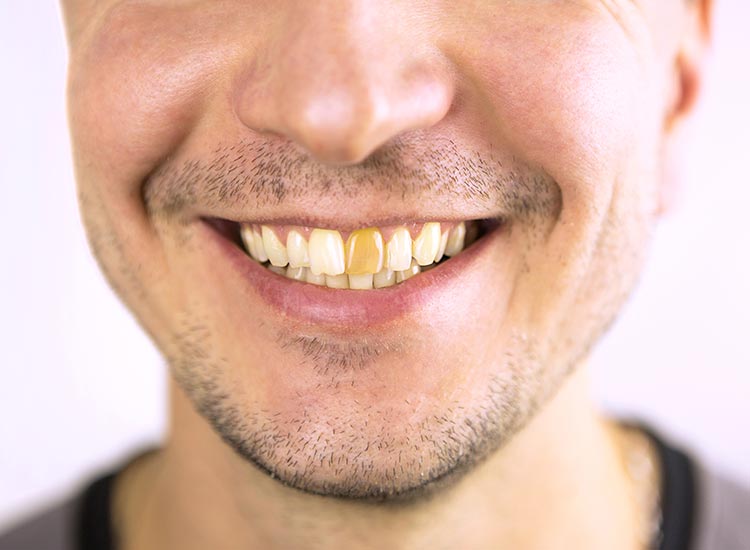Can teeth be restored naturally?
Teeth cannot be fully restored to their original state naturally, but certain methods can help remineralize and support tooth health.
Key Points to Consider:
-
Natural remineralization can repair early tooth decay.
-
A healthy diet rich in minerals and vitamins aids in tooth health.
-
Good oral hygiene habits play a key role in preserving teeth.
-
Natural methods can prevent further decay but do not replace restorative dental procedures.
Why Early Tooth Decay Can Be Remineralized Naturally
The Role of Remineralization
When tooth enamel begins to demineralize due to acids from food and bacteria, it can sometimes be restored through remineralization. This process involves the incorporation of minerals like calcium and phosphate into the enamel, reversing early stages of decay. Fluoride, found in toothpaste and drinking water, is especially beneficial for this process as it helps strengthen the enamel and prevent further damage.
Importance of Diet and Oral Hygiene
A diet rich in calcium, vitamin D, and phosphorus supports the remineralization of enamel. Additionally, proper oral hygiene practices like brushing twice daily and flossing help reduce plaque buildup, which can lead to decay. While these methods can help reverse minor damage, they are not a substitute for professional dental care when decay progresses.

Limitations of Natural Tooth Restoration
When Professional Care is Needed
While remineralization can repair the early stages of tooth decay, once a cavity has formed or the damage is significant, natural methods are no longer effective. Professional dental treatments such as fillings, crowns, or root canals are required to restore the tooth’s structure and prevent further complications. Delaying treatment could lead to more serious issues like infections or tooth loss.
Preventive Care is Key
Preventing tooth decay through regular dental visits, a healthy diet, and consistent oral hygiene practices is essential for maintaining healthy teeth. Though natural methods can be beneficial for early decay, they are not a replacement for ongoing dental care and professional restoration when needed.
